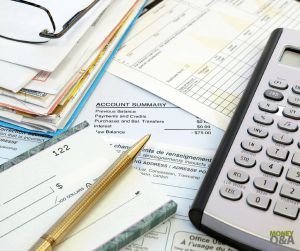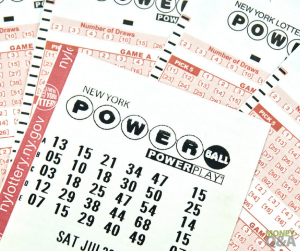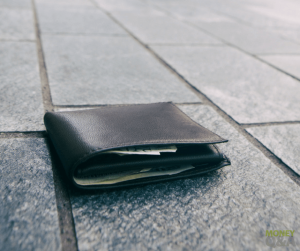
According to Investopedia, personal net worth is defined as “the amount by which assets exceed liabilities.” Since income isn’t always an accurate predictor of net worth – there are plenty of high earning poor people who live paycheck to paycheck or have no emergency savings fund despite earning an upper middle-class income – looking to the assets-to-liabilities ratio in net worth calculations offers a much clearer picture of a person’s financial situation. If you haven’t calculated your own net worth in a while, then here are some tips for getting started.
You need to know your net worth. I’m not talking about calculating your net worth every week with the changing fluctuations in the stock market. But, once a quarter you need to sit down and take stock at where your family is financially.
Like a business balance sheet, your net worth lists your assets and liabilities in one location. Take your assets, subtract all of your debts, and you will be left with your net worth. Many of us are far too often left with a negative value for our net worth, as we owe more than our assets can cover.
I can remember my first day of undergraduate accounting class. The professor put the fundamental accounting equation on the board. “Assets – liabilities = equity” – You need to know your net worth by understanding this basic equation.
How Do You Calculate Your Net Worth
What do you measure in your life? Do you count calories? Do you count how many visitors check out your website everyday (or every hour if you are me)? You should be counting things in your life.
Counting implies that there is a goal in the end that you are counting towards something in the end. Those with a goal have been shown in studies to ultimately be more successful in life.
Net worth is knowing the basic equation. Assets – Liabilities = EquityClick To TweetA study of Harvard MBA students in 1979 who were followed for ten years found that the 13% of the class who had made goals for themselves were earning, on average, twice as much as the other 84% who had no goals at all.
In fact, 3% who had written down those goals were earning, on average, ten times as much as the other 97% put together. What you measure in life matters. It draws our focus to it like a laser. So, what are you focusing on with your money?





